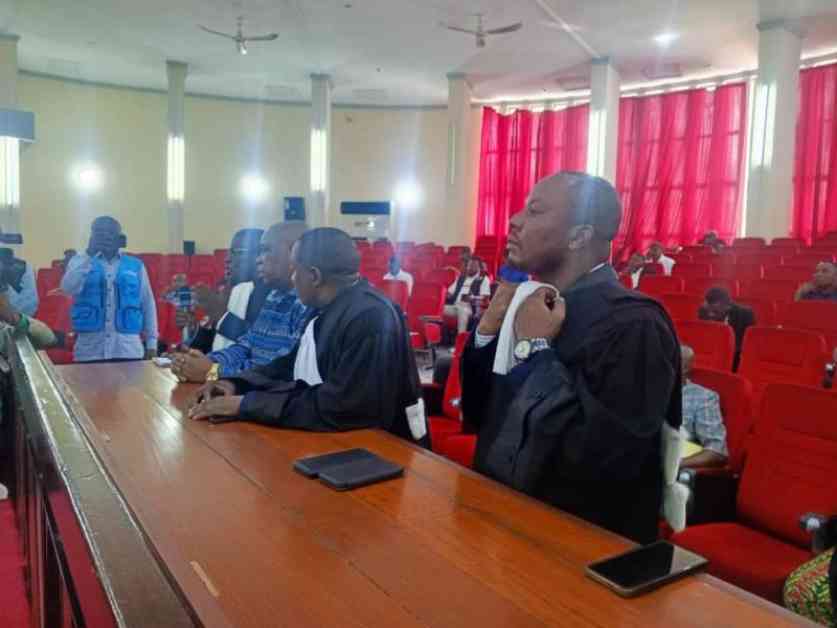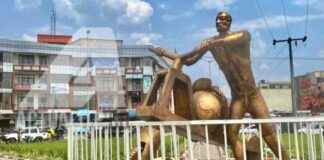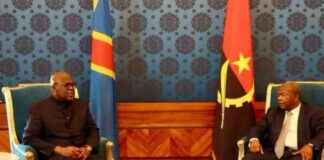The recent verdict by the Court of Cassation on Monday, February 24, has brought a significant update in the case involving the alleged embezzlement of funds allocated for the construction of drilling stations. Two key figures in this case are Francois Rubota, former State Minister for Rural Development, who appeared in court on bail, and Mike Kasenga, an economic operator who signed the contract with the Republic and is currently detained at the Makala Central Prison.
In a surprising turn of events, businessman Mike Kasenga was acquitted of all charges. His defense team expressed relief, highlighting that construction work will continue unabated, even as Kasenga was behind bars. “The Court has delivered its verdict, and my client Mike Kasenga has been acquitted of all charges. The work is already in progress, and it continues even when he is in detention,” stated Master Jeannot Bukoko Mandjumba, Kasenga’s lawyer, in an interview with ACTUALITE.CD.
On the other hand, former State Minister Francois Rubota was sentenced to three years in prison for conflict of interest, not embezzlement as argued by the prosecution. His defense team has contested this ruling, questioning the court’s handling of the case. “The fate of my client is unsettling for us all because, as you know, there was a main defendant charged with embezzlement of public funds, and my client was charged as an accomplice. The alleged main perpetrator was acquitted, and in principle, my client should have been acquitted as well. Unfortunately, it is the High Court that has decided this. When the High Court rules in this manner, it sends chills down our spines,” expressed Master Charles Cubaka Cicura to Actualite.cd.
Prosecution’s Demand and Accusations
During the trial, the prosecution sought sentences of 5 and 20 years of hard labor for Francois Rubota and Mike Kasenga, accused of misappropriating public funds in the construction of drilling stations in the Democratic Republic of Congo. The prosecution argued that Mike Kasenga received $71,816,829 for the project but only allocated $24,853,669 towards the construction. The remaining $46,963,160 was allegedly diverted to his bank accounts.
The prosecution recommended a 20-year hard labor sentence for Mike Kasenga and the prohibition, post-sentence, from voting, accessing public or quasi-public positions, and eligibility for parole or rehabilitation for ten years. Regarding Francois Rubota, the prosecution claimed he aided Kasenga in the embezzlement scheme and requested a 5-year hard labor sentence along with a post-sentence prohibition on voting, eligibility, access to public or quasi-public positions, and parole or rehabilitation for five years.
Accusations and Allegations
Mike Kasenga, representing the consortium CVR Construct Cameroun Sarl and Sotrad Water, was accused of diverting nearly $47 million from the total amount received for the construction of 241 drilling stations and mobile water treatment facilities in Congo. Francois Rubota, on the other hand, faced charges of complicity with Kasenga by allegedly instructing the Finance Minister to disburse the total amount to Kasenga before the delivery of the promised infrastructure, as per the contract terms.
The case sheds light on the intricate web of corruption and misuse of public funds that continue to plague the region, raising concerns about accountability and transparency in government dealings. As the legal battle unfolds, the implications of this verdict reverberate beyond the courtroom, impacting the trust of citizens and the integrity of public officials.
The final verdict in this high-profile case underscores the complexities of the justice system and the challenges of proving guilt beyond a reasonable doubt. As the legal teams regroup and the defendants come to terms with the outcomes, the echoes of this trial linger in the corridors of power and the hearts of the Congolese people. The quest for justice and accountability remains an ongoing battle, with each ruling shaping the narrative of a nation striving for transparency and integrity in its governance.

















